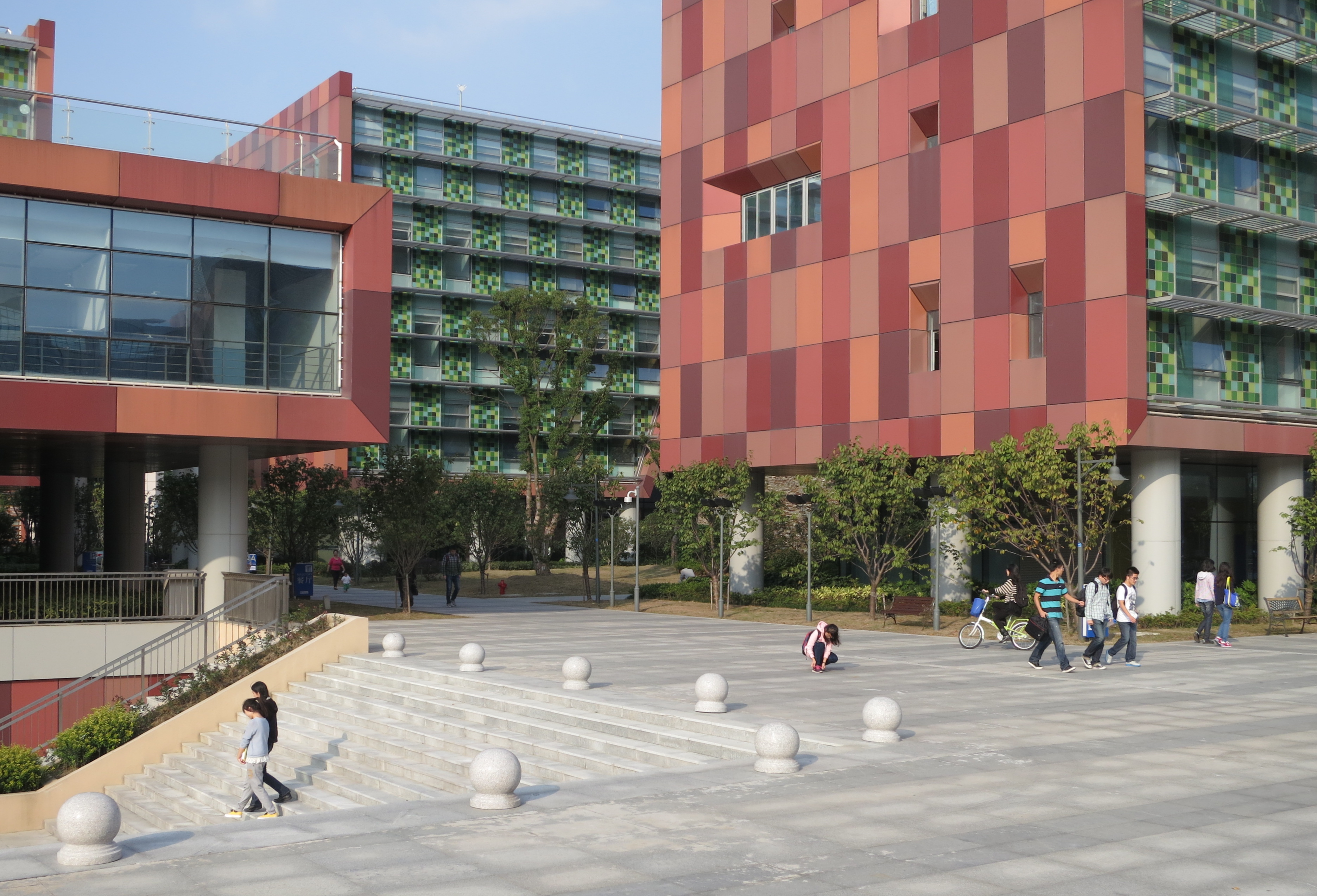Europe: an international perspective
Hugh Martin, Registrar and Chief Administrative Officer at the British University in Dubai, shares his reflections from a recent Senior University Leadership Executive-Level Roundtable hosted by the University of Helsinki.


‘We may sometimes point out a road we are unable to follow.’ – Henry James, The Europeans
Last month I participated in a mini-conference organised by EAB. It was grandly billed as a ‘Senior University Leadership Executive-Level Roundtable’, but actually it would be very recognisable to fellow AHUA members as a gathering of heads of university administration; eager to learn from each other, share experiences and best practice, and forge new connections.
This latest iteration was hosted by the University of Helsinki. Last year a similar event was held at the University of Nottingham (colleagues will know the ubiquitous Paul Greatrix is particularly well-informed in the European context, representing Ireland and the UK on the Executive Committee of HUMANE).
The objective of the session I attended was to engage in discussions and share insights on oversight of strategy, planning, and operational management in the higher education sector.
To open the discussions, each of us was tasked with giving a ‘postcard from campus’: a presentation about our institution, ending with a question for the group. The focus then moved on to how to enhance institutional strategies, foster excellence in planning, and optimise operational effectiveness.
University leaders represented a wide range of countries (some via The European Consortium of Innovative Universities): Belgium; Denmark; Estonia; Finland; France; Germany; Ireland; Italy; Lithuania; Mexico; the Netherlands; Norway; Poland; Portugal; Spain; Sweden; Switzerland; the UAE; and the UK.
The postcard questions were unsurprisingly common: this felt both reassuring (that my new European friends are dealing with similar challenges) and a little depressing (that they’re in exactly the same boat as me).
Here’s a flavour of some of those questions:
- How to ensure diversity is recognised and catered for in hybrid learning environments?
- How to create a common vision for academic freedom?
- How to balance the core purpose of the university with its financial challenges?
- How to drive physical/digital transformation and bring the academic community along with you?
- What will be the role of the campus in the future?
- What is sustainability in a university?
- How to develop or improve leadership to celebrate teaching and learning as much as research?
- How to manage risks and crises?
- How to increase student enrolment?
- What is the impact of AI?
For my part, I asked whether the current model of branch campuses/TNE is fit-for-purpose and sustainable?
You’ll be relieved to know that this is not yet another blog on the UK leaving the European Union – regular readers of mine, if they exist, will already know my view of Brexit…
However, my visit to Finland and more importantly, the opportunity to interact with colleagues at predominantly European institutions, did underline a point about perspective.
This has arisen before when viewing the UK (and how the UK behaves in relation to key events like Brexit and COVID-19) from outside. It’s all to do with locus and context; not so much about the event or the country in and of itself, but from where you’re viewing it.
I’ve already written about being British abroad and looking back; inevitably outside-looking-in gives a certain perspective just as looking-from-within gives another. And there is also the perspective of our international colleagues – here in the UAE, for example, where (for reasons we can debate another time) the UK HE sector is still held in high regard, there is an ongoing combination of bafflement and bemusement at some of the decisions coming from British regulators, policy and lawmakers.
I guess I expected my sojourn to cool Scandinavia to bind me more closely to my European views and ideals. It was cool of course (check out the amazing Think Corner), but it wasn’t sub-Arctic (in fact the temperature reached a balmy 23oC: everyone seemed to be “taps aff” and swimming in the sea, and I’d packed entirely the wrong clothes), and it wasn’t entirely familiar territory.
Our discussions revealed pointed differences when it comes to how my colleagues and their institutions view international education across the piece. It was stark quite how distinct are their views and ours (by which I mean those of both UUKi and the broadly UK/US/Australia-based international context in which I work).
Heads of university administration in the European HEIs I met are focused on government and regulatory controls, on sustainable campuses, on legacy estates, on political (and in some cases tangible geographical) freedom, on digitisation, on continuing to offer their programmes for free or as near to free as possible for their students (whether they’re home, wider EU, or even international).
Nothing unusual there? True, much of the list above is surely recognisable to each of us too. Except they simply weren’t investing the same interest, time or resources in international recruitment, overseas campuses, TNE, sustainable travel, student/staff mobility, in fact any of the international issues I wrestle with.
I’m not ranking this difference. Neither side is competing for most challenging environment, because we’re all dealing with some hefty challenges in our sector right now. My purpose here is simply to note – maybe even quietly celebrate – the fact that we don’t necessarily have the same views on everything and certainly not when it comes to internationalisation.
I’m glad about that.
The path so many of us are on – hunting international student numbers however and wherever we can get them – may preoccupy us so much, may indeed become so existential to our purpose, that we’re blinded to alternative roads we may be able to follow.
Related Blogs



